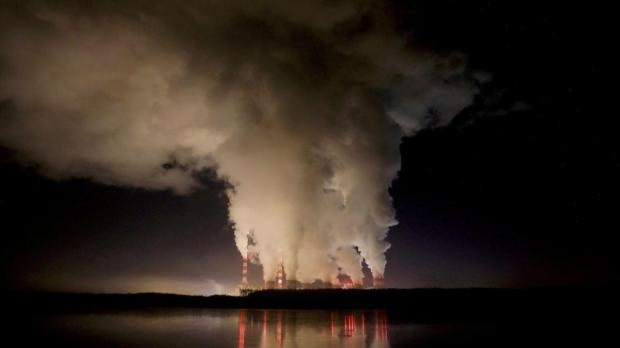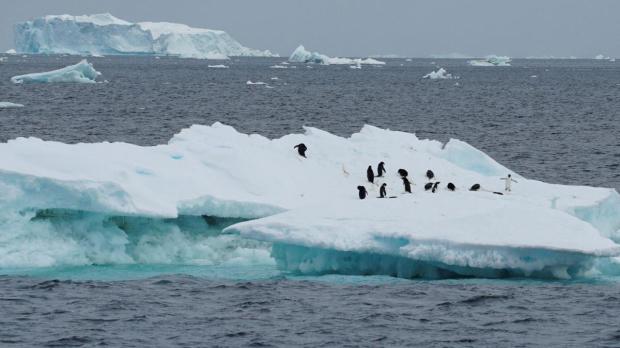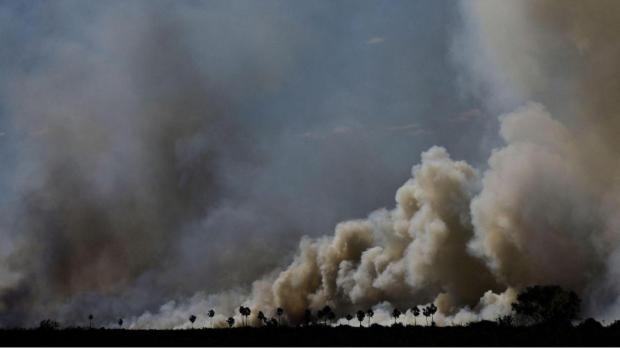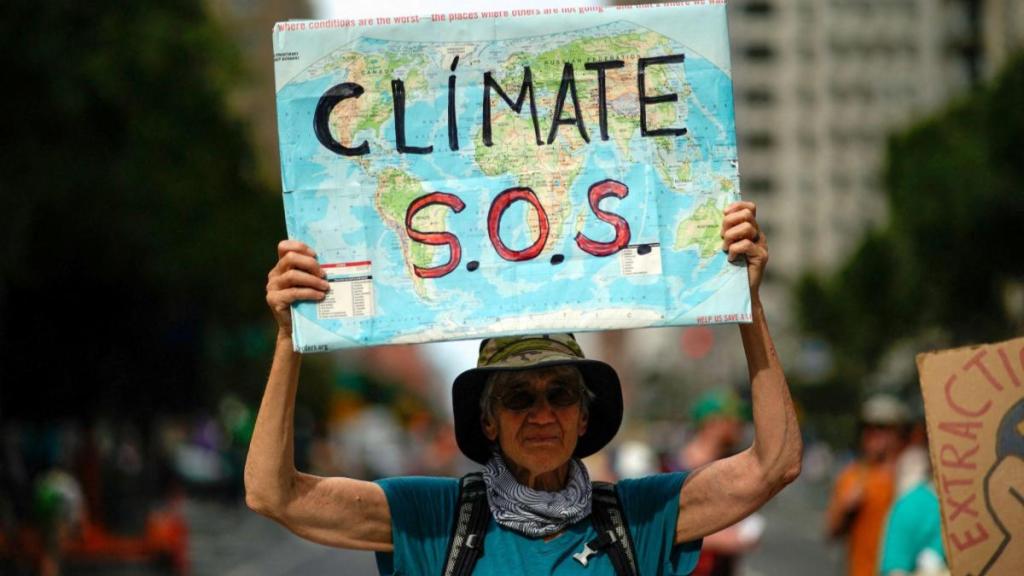As millions in India contend with blistering heat made worse by climate change, a new report reveals that extreme weather events have caused over USD 41 billion in damages globally in the past six months. This figure has emerged since the international climate talks in Dubai (COP28) in December last year. The report, issued by the UK-based NGO Christian Aid, attributes four extreme weather events in the last six months to climate change, both in terms of increased likelihood and intensity, resulting in over 2,500 fatalities.
The organization criticized the inadequate progress since COP28 in transitioning away from fossil fuels and supporting lower-income countries in managing climate disasters. “Rich countries, responsible for the lion’s share of the greenhouse gases heating the atmosphere and driving extreme events, should acknowledge their historic responsibility and increase funding to the Loss and Damage Fund to aid other countries in coping with and recovering from extreme weather,” the report stated.

Delegates at the UN climate negotiations in Dubai agreed on a new loss and damage fund to address the impacts of climate change disproportionately affecting poor communities in the Global South.
However, Christian Aid notes that the USD 41 billion in damages is likely an underestimate, as it primarily accounts for insured losses. Many of the worst disasters occurred in regions where insurance coverage is minimal, and the human toll is not fully reflected in these figures.
According to the report, climate change doubled the likelihood of floods in Brazil, which killed at least 169 people and caused USD 7 billion in economic damages. In South and Southwest Asia, climate change also heightened the likelihood of floods that resulted in 214 deaths and USD 850 million in insured damages in the UAE alone.

Simultaneous heatwaves across West, South, and Southeast Asia claimed over 1,500 lives in Myanmar, with heat deaths significantly underreported. The report highlighted that such heatwaves, particularly in Southeast Asia, would have been impossible without climate change. In South and West Asia, these heatwaves were made five to 45 times more likely and were also more intense.
East Africa faced devastating flooding from cyclones, killing 559 people and made about twice as likely by climate change, the report noted.
“We cannot heal the burns caused by the climate crisis while we are still throwing fossil fuels on the fire,” stated Mariana Paoli, Christian Aid’s Global Advocacy Lead, originally from Brazil. “Rich countries, who are largely responsible for causing the climate crisis, need to massively scale up funding for climate action. This requires genuine creativity and political will, taxing polluters and the super-rich to finance true climate action,” Paoli asserted.
The report recalls the 2015 Paris Agreement, where countries committed to limiting global average temperature rise to “well below” 2 degrees Celsius, with an aim for 1.5 degrees Celsius, to mitigate worsening climate impacts like droughts, extreme rain, floods, sea level rise, cyclones and heatwaves.

The Intergovernmental Panel on Climate Change (IPCC) has stated that to limit warming to 1.5 degrees Celsius, the world must reduce greenhouse gas emissions by at least 43% by 2030 (from 2019 levels) and 60% by 2035. Currently, Earth’s global surface temperature has already risen by around 1.15 degrees Celsius compared to the 1850-1900 average, driven by the soaring concentration of greenhouse gases, especially carbon dioxide and methane.
Developing nations maintain that they cannot accelerate CO2 emission reductions unless developed countries, historically accountable for climate change, provide enhanced financial support. A key issue at the upcoming United Nations climate conference (COP29) in Baku, Azerbaijan, in November will be reaching an agreement on the New Collective Quantified Goal (NCQG), a new climate finance target. This goal is expected to mobilize greater financial support than the USD 100 billion annually promised by developed countries from 2020, which they have repeatedly failed to meet.


